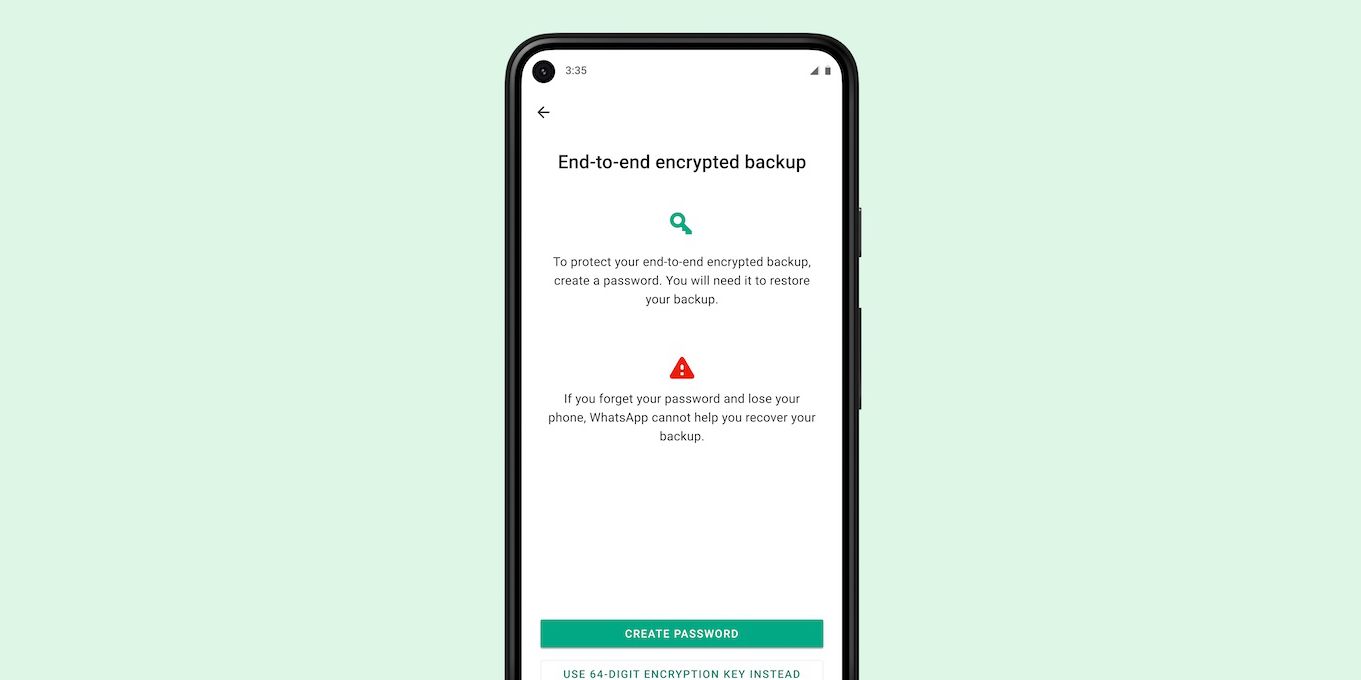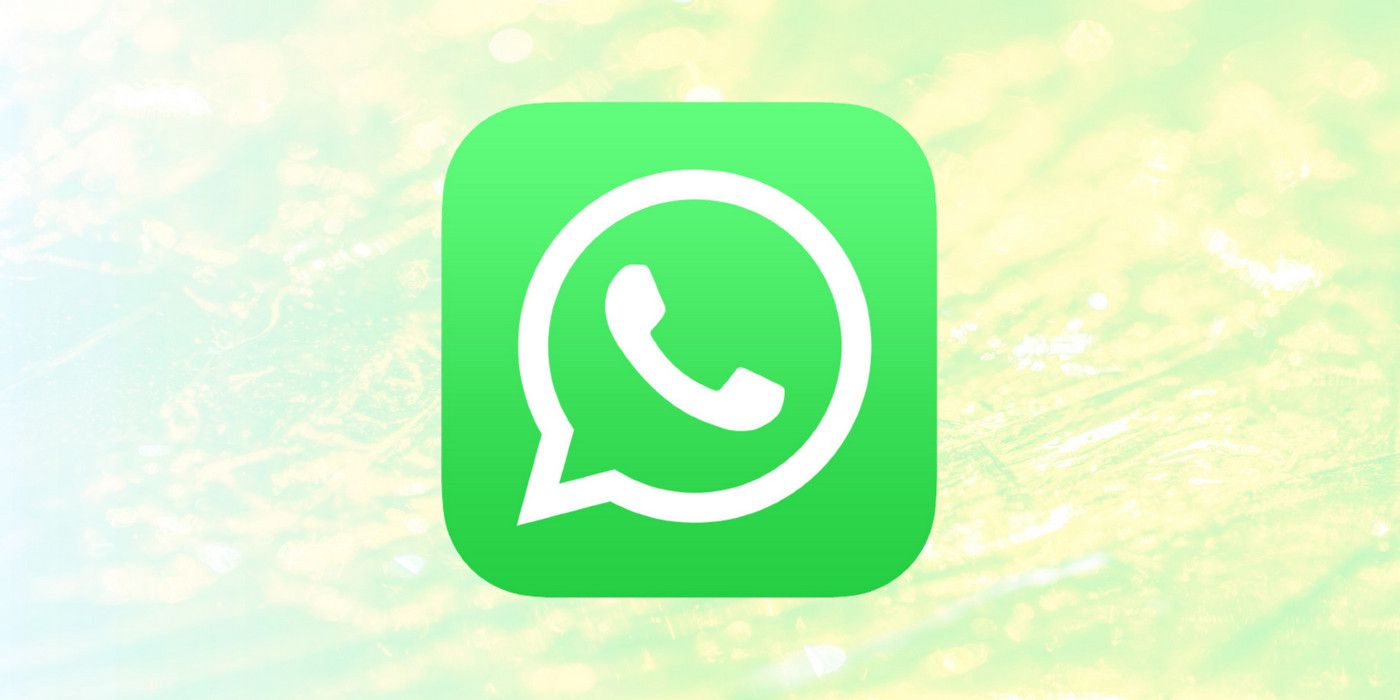Backing up WhatsApp conversations is a great way to access all of your messages on a different device. With end-to-end encryption, those backups are protected with the utmost security. Among all of the messaging apps out there, WhatsApp remains one of the most popular. There are around two billion monthly active users, it processes more than 100 billion messages every day, and it shows no signs of going anywhere. Despite its Facebook ownership and the continued merging of the two platforms, WhatsApp is a flame that refuses to be put out.
For all of the things WhatsApp does well, one of its oldest pain points has been how it handled cloud backups. All WhatsApp conversations are end-to-end encrypted by default. This is fantastic for user privacy, but it also means that messages are saved locally on the device. In the old days, users could make a cloud backup of their conversations to move them to a new phone — but it meant unencrypting those messages and keeping them in a cloud service. Today, a much more secure option is available.
In October 2021, WhatsApp officially rolled out end-to-end encryption for its cloud backups. In short, any messages backed up to the cloud are protected by the same encryption measures WhatsApp normally enforces. Even better, enabling encryption for cloud backups is incredibly easy. Open the WhatsApp application, tap 'Settings,' tap 'Chats,' tap 'Chat Backup,' and tap 'End-to-end Encrypted Backup.' Tap 'Continue,' follow the instructions to create a password or encryption key, and tap 'Done.' It might take a while to complete, but within a few minutes, there will be a fully encrypted backup of all your WhatsApp messages that can be securely saved in Google Drive or iCloud.
Why You Should Encrypt Your WhatsApp Backups
Prior to encrypted cloud backups, storing WhatsApp messages in the cloud was a fairly risky move. If someone happened to gain access to that person's Google Drive or iCloud account, the bad actor would potentially be able to snoop through all of those messages. When the backup is made using end-to-end encryption, that can no longer happen. An encrypted backup can only be accessed if someone has the password/encryption key made during the steps above. Only the person who makes the backup knows what that password or key is — not even WhatsApp has access to it.
There are a couple of other things to know about encrypted WhatsApp backups. If someone happens to forget their backup password, the only way to change it is on the phone WhatsApp is currently signed into. Open WhatsApp, tap 'Chats,' tap 'Chat Backup,' tap 'End-to-end Encrypted Backup,' tap 'Change Password,' and then 'I forgot my password,' After confirming your identity by entering the PIN for your smartphone (or using biometric authentication), users are prompted to create a new password for the backup.
Lastly, iPhone users looking to double down on security will want to disable automatic iCloud Backups for WhatsApp. Open the Settings app, tap your name at the top of the screen, tap 'iCloud,' tap 'Manage Storage,' tap Backups,' select the device you're currently using, and tap the toggle next to WhatsApp to disable it. The encrypted backup method explained above isn't affected by this. Instead, this disables the automatic, unencrypted backups iOS makes for all supported applications.
Source: WhatsApp


